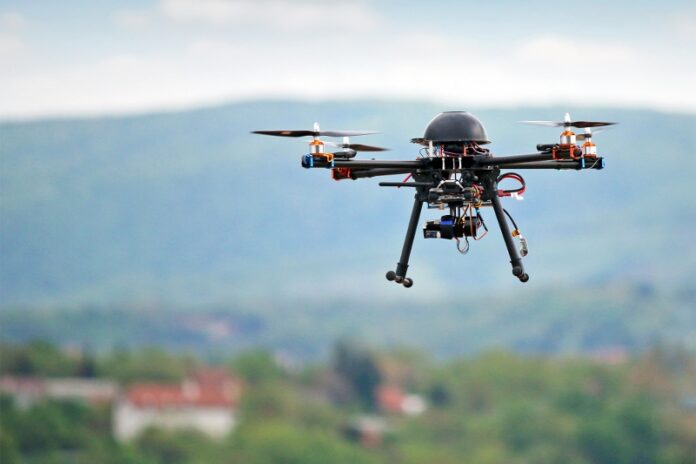As technology is advancing in almost all areas, the realm of facial recognition software is also growing rapidly. Many users of social media are surprised to see photos of friends or family where the software has already identified by name the people who appear.
As is so often the case with technology, this is a two-edged sword. On one hand, supporters of facial recognition technology argue that police can use it to catch criminals or terrorists, and either bring criminals to justice or maybe prevent a horrific crime or attack. Moreover, the images can be scanned to help identify crime victims, missing persons, victims of human trafficking, or witnesses to criminal activities. By filtering through thousands of images, technology can sort through to find “the needle in a haystack” that individuals in law enforcement could not track down on their own using more conventional methods. The same argument is used for law enforcement to be able to scan and college thousands of images of license plates as they go down the road.
In contrast, opponents claim giving law enforcement this kind of sweeping power runs the risk of making George Orwell’s dystopian novel 1984 a reality. The Virginia Constitutional Conservatives organization claims: “1984 is not an instruction manual, however many in Richmond think it is. True Conservatives defend the entire Bill of Rights, and right now Big Brother is looking to gut the 4th Amendment. House Bill 1339 authorizes some law enforcement officials to violate the 4th Amendment and track you by your facial features! We have all seen 1984 where the government tracks every citizen, and the last thing we must tolerate is for that camel to get its nose under the tent in Virginia.”
A leader in facial recognition technology is communist China; that government used it to help crush the pro-democracy movements in Hong Kong in recent years while most of the world was distracted by Covid.
In addition to law enforcement gathering this data in the first place is the concern about who will store it, and for how long, and for what purposes?
This issue has split some conservative Southwest Virginia legislators. Del. Wren Williams (R-Patrick/Franklin Counties) voted in favor of HB 1339. This is how he explained his support: “[…] I will always stand unequivocally with our brave men and women in law enforcement. I reject the liberal ACLU and Justice Forward Virginia’s agenda of being soft on crime and letting rioters, looters, and criminals go free. I am proud to have supported amendments to this bill that will protect our constitutional liberties and 4th Amendment rights, while giving our law enforcement officers the tools they need.”
In contrast, Del. Chris Head (R-Botetourt/Roanoke) opposed the bill. Striking a more nuanced position, Head explained his opposition this way: “I was torn on this bill. The main reason I voted against HB 1339 is that fundamentally I don’t like granting any government agency additional access to information that has the potential to further suppress liberties. In this case, while the evidence gathered could not be used as prima facie evidence to justify a warrant or even a charge, it can be used as corroborating evidence. There are already several cases where facial recognition has been used by law enforcement and has caught the wrong person. I want to give law enforcement all the tools to use that they need, but I don’t want to put them in the position of arresting and charging (or even accusing) an innocent person.
However, there are arguable benefits that this legislation could provide to law enforcement in certain situations, such as in cases of abduction and human trafficking. So if the conference committee can come up with something palatable I might still be persuaded to support it.”
As evidence of the complexity of the issue, the votes did not follow straight party lines. There were numerous Democrats and Republicans on both sides of the issue.
According to Kendall Bailey, Ph.D., legislative assistant to Del. Chris Head (R-Roanoke/Botetourt), HB 1339 is still in a conference committee in the General Assembly.
In a 6:44 pm email on April 11, the Governor’s Office released a statement about his position on the issue of facial recognition. “We engaged stakeholders on important issues in community safety and provided a commonsense path forward on facial recognition technology for law enforcement without compromising individual freedoms.”
Correction 8:39 pm 4-12-22: This article earlier claimed that Gov. Youngkin had signed HB 1339 into law or had amended it and sent it back to the General Assembly for final votes. That was untrue; it is still in conference committee.


